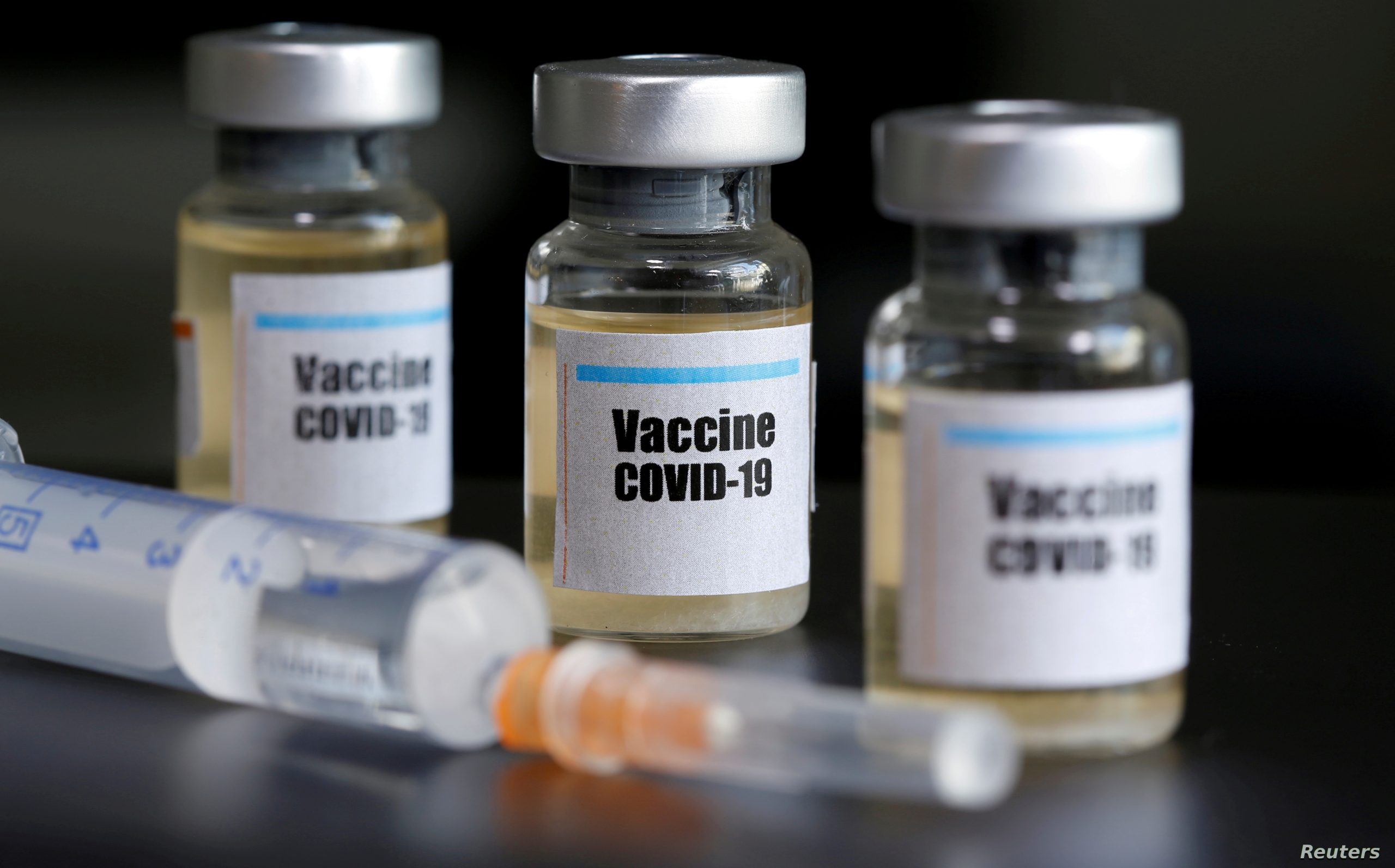There is basically no one to blame or prosecute in a U.S. court of law if you experience severe side effects after getting a COVID vaccine, lawyers have said.
According to the lawyers, this is because under the Public Readiness and Emergency Preparedness (PREP) Act, companies like Pfizer and Moderna have total immunity from liability if something unintentionally goes wrong with their vaccines.
This is also as the federal government has granted the two companies immunity from liability, if something unintentionally goes wrong with their vaccines.
Persecondnews recalls that on December 11, 2020, the US Food and Drug Administration (FDA), granted Emergency Use Authorization (EUA) to the first COVID-19 vaccine, Pfizer’s mRNA vaccine, after a detailed review of evidence showed that the shot is safe and highly effective in combatting the pandemic.
However, most immunized volunteers have complained about temporary side effects shortly after being vaccinated, including fatigue, headaches, and pain at the injection site.
“It is very rare for a blanket immunity law to be passed. Pharmaceutical companies typically aren’t offered much liability protection under the law,” Rogge Dunn, a Dallas labor and employment attorney, told the Consumer News and Business Channel (CNBC).
He also said that “you also can’t sue the Food and Drug Administration for authorizing a vaccine for emergency use, nor can you hold your employer accountable if they mandate inoculation as a condition of employment.”
The attorney also stated that Congress created a fund specifically to help cover lost wages and out-of-pocket medical expenses for people who have been irreparably harmed by a “covered countermeasure,” such as a vaccine, but it is difficult to use and rarely pays, as it has compensated less than 6% of the claims filed in the last decade.
Dunn recalled that in February, Health and Human Services Secretary, Alex Azar, invoked the PREP Act; A 2005 law that empowers the HHS secretary to provide legal protection to companies making or distributing critical medical supplies, such as vaccines and treatments, unless there’s “willful misconduct” by the company. The protection lasts until 2024.
“That means that for the next four years, these companies cannot be sued for money damages in court over injuries related to the administration or use of products to treat or protect against COVID.
“The legal immunity granted to pharmaceutical companies doesn’t just guard them against lawsuits, it helps lower the cost of the immunizations.
“The government doesn’t want people suing the companies making the COVID vaccine. Because then, the manufacturers would probably charge the government a higher price per person per dose,” he explained.
Dunn also thinks a big reason for the unprecedented protection has to do with the expedited timeline.
“When the government said, ‘We want you to develop this four or five times faster than you normally do,’ most likely the manufacturers said to the government, ‘We want you, the government, to protect us from multimillion-dollar lawsuits,’” said Dunn.
The quickest vaccine ever developed was for mumps. It took four years and was licensed in 1967. Pfizer’s Covid-19 vaccine was developed and cleared for emergency use in eight months- a fact that has fueled public mistrust of the coronavirus inoculation in the U.S.
According to a recent survey by the Pew Research Center, roughly 4 in 10 Americans say they would “definitely” or “probably” not get vaccinated. While this is lower than it was two months ago, it still points to a huge trust gap.
However, the government has created a way for people to recover some damages should something go wrong following immunization.
In addition to the legal immunity, the PREP Act established the Counter Injury Compensation Program (CICP), which provides benefits to eligible individuals who suffer serious injury from one of the protected companies.
The little-known government program has been around for a decade, but the fund typically only deals with vaccines you probably would never get, like the H1N1 and anthrax vaccines.
The Vice President of the Vaccine Bar Association, David Carney, who regularly deals with vaccine injury cases, said the CICP might deny a claim for a variety of reasons.
“One reason might be that the medical records don’t support a claim. We have to litigate a lot of really complex issues and provide a medical basis for why the injury occurred.
“Proving an injury was a direct result of the Covid vaccine could be difficult. It’s not as simple as saying ‘Hey, I got a Covid treatment, and now I have an injury,’ There is a lot of burden of proof there,” Carney stated.
A professor at the University of California Hastings College of Law, Dorit Reiss, added that there is also a strict one year statute; meaning that all claims have to be filed within 12 months of receiving the vaccine.
“People who are harmed by a Covid vaccine deserve to be compensated fast and generously, and PREP Act doesn’t do that,” Reiss said.
The lawyers told CNBC that it would make more sense for COVID vaccine injuries to be routed through another program under the HHS called the National Vaccine Injury Compensation (VICP) Program, Known colloquially as “vaccine court,” which handles claims for 16 routine vaccines.
According to them, the program paid about 70 percent of petitions adjudicated by the court from 2006 to 2018.
“The VICP allows for recovery of pain and suffering, attorney’s fees, along with medical expenses and lost wages, if any,” a lawyer who practices in the areas of business litigation and personal injury, Michael Maxwell, said.
The Covid-19 vaccines, however, are not on the list of eligible vaccines.
























Leave a comment